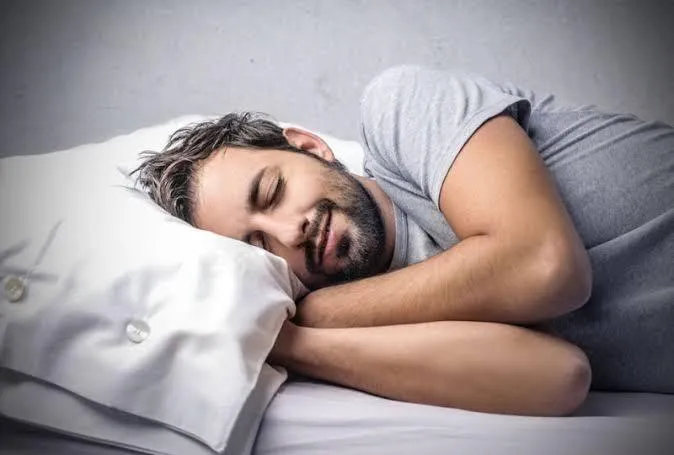
The Simple Steps to Sleep Better and Increase Your Productivity and Performance
Alongside nutrition, sleep is one of the key pillars of effective recovery. Whether you are an elite athlete, amateur athlete, weekend warrior, or just an average Joe, sleep is one of the most important things in your life and everyone can reap the benefits of improving sleep quality.
We put so much effort into creating routines and habits for our exercise, healthy eating, work, money spending, and social lives. So why should we treat our bedtime routines any differently? The average adult spends about 25 years of their life just sleeping, so I know it is worth the effort to take your sleep a little more seriously. Let's talk about how you can create an effective sleep routine and enjoy lifelong benefits.
Your body and melatonin
The human body has a biological clock; it knows when it is day and night. To assist with falling asleep, our body produces the hormone, melatonin, at night-time. But our modern lifestyles can greatly hinder our body's natural ability to product melatonin, which leads to reduced sleep quality. If you want to read more about some facts and benefits of sleep, check out Coach Nathan's blog 'The Importance of Sleep on Your Health and Wellbeing.
How I created my bedtime routine
Like any new positive habits and routines, they take a long time to develop. I made the decision to create a bedtime routine when I was studying at university; I was fatigued, stressed out and I struggled to remember the content. I noticed the benefits of a bedtime routine within the first week, but it took me almost a full year for my routine to become autonomous.
Here are my steps and tips for creating an effective bedtime routine.
Step 1: Set a bedtime window and aim to be in bed during this period. I personally aim to be in bed between 9pm and 9:30pm. Set a time window, and stick to it!
Step 2: No TV, mobile phone or other screens (at least) 30 minutes before your bedtime window. Set an alarm on your phone for 30 minutes before your bedtime window. This alarm means no more phone and no more Netflix (or MAFS). Turn off your TVs, and put your phone in your wardrobe or dresser so you're not tempted to look at it.
Step 3: Keep yourself busy just before your bedtime window. There's plenty of things you can do before bed other than looking at your phone or watch TV. You can wash or put away dishes. You can fold or put laundry away. You can clean your room. Have a shower, brush your teeth, shave. And my personal favourite, going for a short walk around the neighbourhood. Just find something to do other than use your phone.
Step 4: Jump into bed and try to relax. After 30 minutes of no screen time, your body will be ready to sleep. If you enjoy reading, this is the perfect opportunity to read a book. You could also do some light stretching and/or breathing exercises.
To help you visualise the above, my personal bedtime routine is:
Go for an evening walk for at least 15 minutes.
Have a shower, brush, floss and rinse my teeth, and shave if needed.
Tidy up my bedroom before jumping into bed.
Get into bed and read a book (I prefer fiction).
By the time I have started reading a second chapter of my book, I am struggling to keep my eyes open, and I sleep like a baby. I honestly cannot remember the last time I had a BAD sleep. If you follow the above steps, I can guarantee that you will be sleeping better within a week and enjoying all the benefits that come with it.<
If you want to improve your productivity and sporting performance, contact us today.
Stefan Grkinjic
Strength Coach
Inner Athlete Aus
